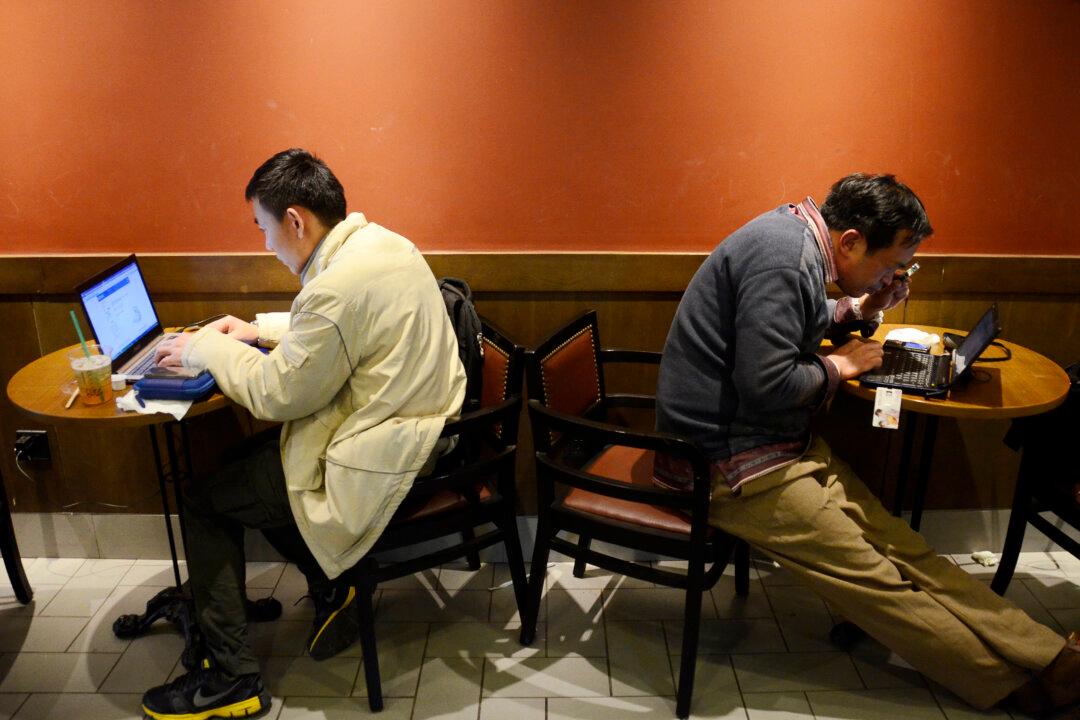BEIJING—A Chinese court on Jan. 29 sentenced the founder of a website that reported on human rights abuses to five years in jail for “inciting subversion” of state power, a verdict decried by a rights group as part of a campaign to bury grassroots activism.
Since coming to power in 2012, Chinese leader Xi Jinping has overseen a sweeping drive to stifle activism that challenges the ruling Communist Party.
Liu Feiyue, the founder of msguancha.com, a news portal that covers government corruption, police abuses and human rights issues, was arrested in late 2016 and charged with “inciting subversion of state power.”
The Intermediate People’s Court sentenced Liu to five years in prison and seized more than one million yuan ($148,326) of his personal assets, according to the website of the court in Suizhou City in Hubei Province.
It was not possible to contact Liu for comment.
“I really can’t understand it. All I know is that Liu Feiyue just set up a website for internet users to write about social issues and inequality,” Liu’s mother Ding Qihua, 76, told Reuters by phone.
She said the sentence was harsher than expected, given that the family had hoped for leniency by complying fully with the court’s requests.
There was no response when Reuters called the Suizhou court on Tuesday.
China rejects criticism of its human rights record, saying that jailed rights lawyers and activists are criminals who have broken the law.
Hundreds of rights lawyers have been detained and dozens jailed in a series of arrests commonly known as “709” cases, referring to July 9, 2015 when a countrywide operation rounded up core members of the group.
Aside from targeting lawyers, Beijing has also in recent years clamped down on grassroots activism and muckraking websites, in what rights groups say is an attempt to cut off rights activism at its roots.
“Prosecuting the editor of a human rights website shows just how frightened the Chinese government is about independent reporting on abuses from inside China,” Yaqiu Wang, a Hong Kong-based researcher at Human Rights Watch, said in a statement.
($1 = 6.7419 Chinese yuan renminbi)





